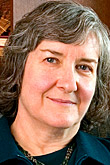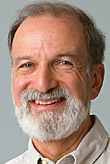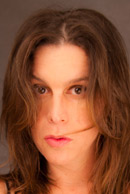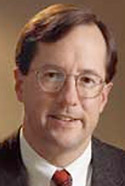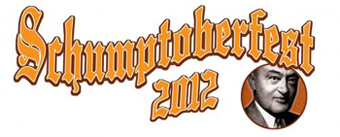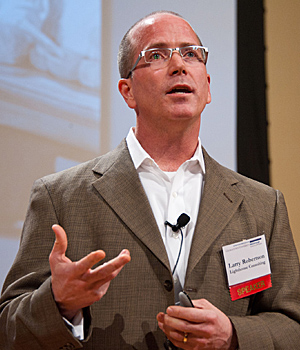David Cook, professor emeritus of physics at Lawrence University, has been elected a Fellow in the American Physical Society for his contributions to physics education in America.
The fellowship program recognizes members who have made “exceptional contributions to the physics enterprise through outstanding physics research, important applications of physics, leadership in or service to physics or significant contributions to physics education.” Fellow selection represents significant recognition by one’s professional peers and is highly selective, limited to no more than one-half of one percent of the organization’s more than 50,000 members.

Cook, who retired as Philetus E. Sawyer Professor of Science in 2008 after 43 years of teaching in the Lawrence physics department, joins his long-time colleague Professor Emeritus John Brandenberger as the only two physicists at Lawrence ever honored as a Fellow by the APS.
In announcing his Fellow status, the APS cited Cook for “the prominent roles he has played in developing and disseminating outstanding computational elements for undergraduate physics courses, in building an exemplary undergraduate physics program and in executive leadership of the American Association of Physics Teachers.”
“Professor Cook has long been a leader in physics education,” said David Burrows, provost and dean of the faculty. “He combines a friendly supportive manner with an insistence on high standards of achievement and tireless energy. He helped build the physics department at Lawrence into an outstanding model for scholarship and teaching at liberal learning institutions.”
Cook served as president of the American Association of Physics Teachers, the country’s premier national organization and authority on physics and physical science education, in 2010, becoming the first Lawrence faculty member ever to serve in that capacity and the first from any Wisconsin college or university since 1955.
During his more-than-four decade teaching career at Lawrence, Cook taught nearly every undergraduate physics course while leading the development and incorporation of computers into the physics curriculum. Beginning in 1985, he designed and built Lawrence’s computational physics laboratory with the support of more than $1 million in grants from the National Science Foundation, Research Corporation, the W. M. Keck Foundation and other sources.
Cook is the author of two textbooks, “The Theory of the Electromagnetic Field,” one of the first to introduce computer-based numerical approaches alongside traditional approaches and “Computation and Problem Solving in Undergraduate Physics.” He was recognized with Lawrence’s Excellence in Teaching Award in 1990.
About Lawrence University
Founded in 1847, Lawrence University uniquely integrates a college of liberal arts and sciences with a nationally recognized conservatory of music, both devoted exclusively to undergraduate education. It was selected for inclusion in the Fiske Guide to Colleges 2013 and the book “Colleges That Change Lives: 40 Schools That Will Change the Way You Think About College.” Individualized learning, the development of multiple interests and community engagement are central to the Lawrence experience. Lawrence draws its 1,500 students from nearly every state and more than 50 countries. Follow Lawrence on Facebook.






